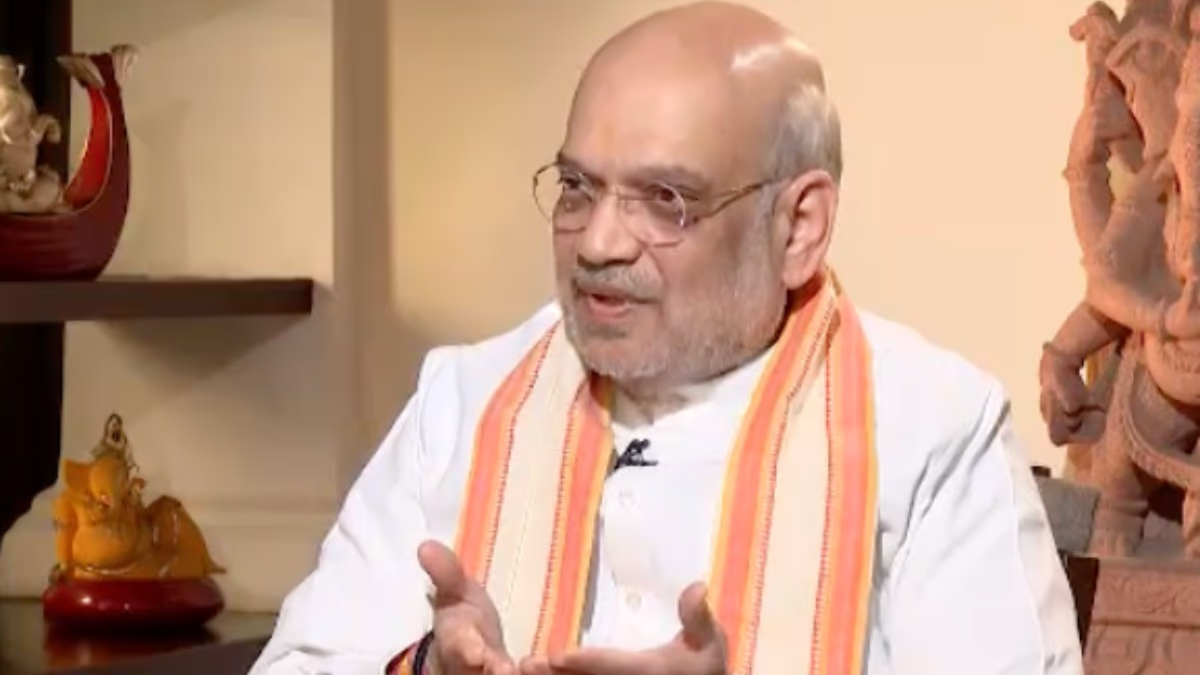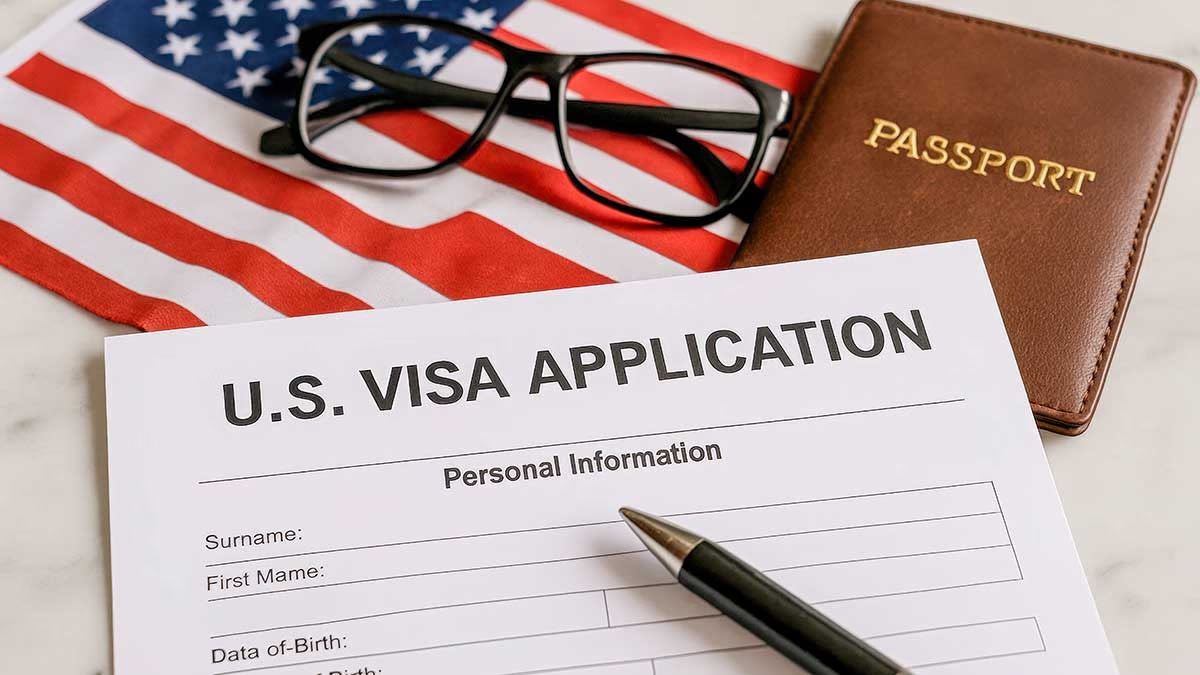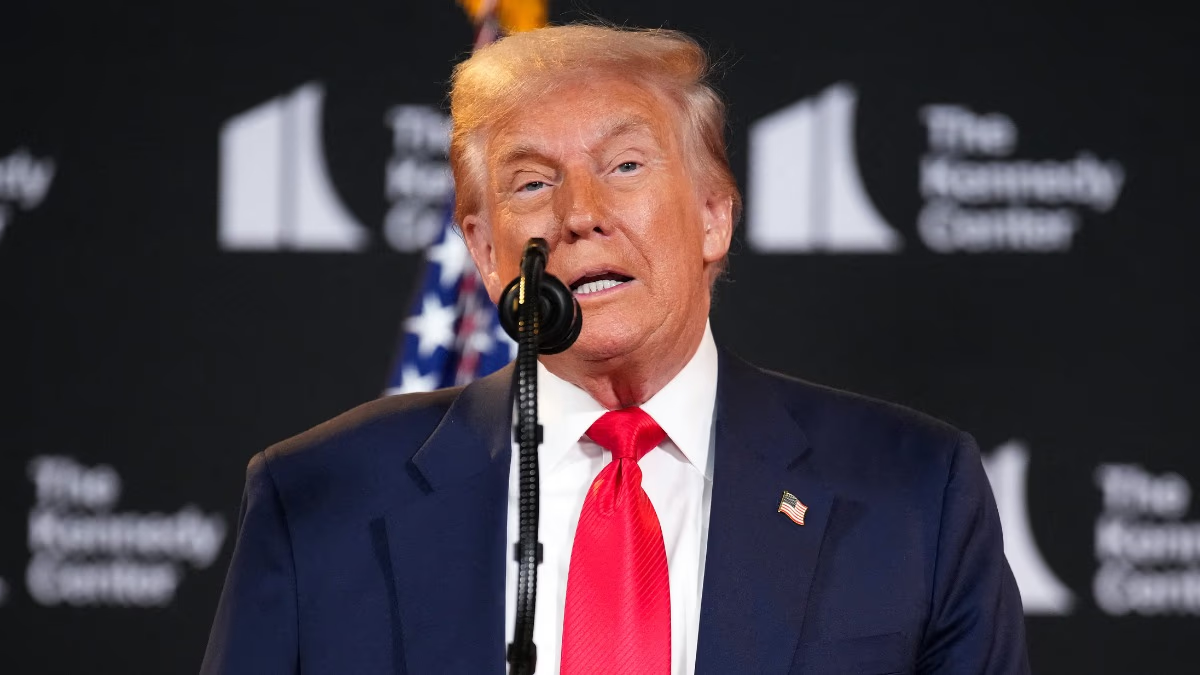Union Home Minister Amit Shah shared his experience of working with Narendra Modi in a conversation with Aaj Tak. He described first meeting Narendra Modi in the 1980s. Back then, he was working with the National Labor Union and had a program intended for senior leaders. He was involved in interacting with college students in Ahmedabad, and Modi came to the ward where Shah resided to prepare for the event.
Amit Shah elaborated, saying that Modi came to Nanpura Ward. He was young and excellently communicated the work and objectives of the RSS, explaining how these goals could transform the nation. The information was conveyed in a very effective manner.
Shah further detailed how Narendra Modi clarified what the youth could achieve through the organization. He explained it concisely and accurately within a brief time. The young people Shah was with were dedicated to making the event a success, and it turned out to be an excellent program. Modi illustrated the significant contribution that the principles of the RSS could make toward building a prosperous, powerful, and cultured nation.
Amit Shah mentioned that he was associated with the Bharatiya Janata Party (BJP) before others. Like millions of workers who serve the BJP, Shah became connected with Modi. Today, millions globally align with Modi, relying on his solutions for national and worldwide issues. He is a person who delivers results.
Read More: 'Before becoming CM, he wasn't even a sarpanch', Amit Shah describes how Narendra Modi rescued Gujarat from the earthquake crisis.
Responding to his appointment as party president, Amit Shah said that while the Prime Minister plays a crucial role in deciding the party president, it isn't solely his decision; it's the party's. At that time, anyone besides Shah could have been the president, but eventually, JP Nadda was appointed.
Amit Shah expressed that "Nation First" was a priority in both Gujarat and Delhi. The only difference lies in the scope of problems. In Gujarat, the focus was on electricity, education, development of tribal areas, and coastal regions. In Delhi, he addressed housing, gas, toilets, water, and healthcare for 600 million poor people. In terms of security, violence in Kashmir, the Northeast, and areas affected by Naxalism reduced by 75 percent.




